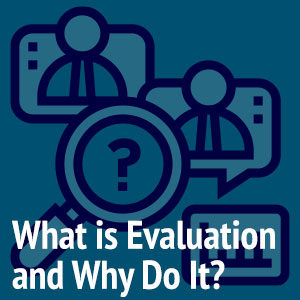
A “thought partner” is someone other than one’s typical work colleagues who helps organizational leaders to consider an organization’s strategic issues. Thought partners typically add value to conversations about strategy by bringing to bear an experience-based perspective, a genuine curiosity about key issues, and a range of listening and question-asking skills that assist organizational leaders to formulate innovative plans for an organization’s future direction. Thought partners ask good questions, are sensitive to the values and ultimate purposes of the organization, and although they challenge ‘business-as-usual’ assumptions, are non-judgmental about other’s ideas and viewpoints. Thought partners challenge organizational leaders to think innovatively and to assume a creative perspective in order to solve what are often seemingly intractable problems.
One of the key aspects of an effective thought partner is an objectivity that comes from the thought partner’s externality to the organization. (See “4 Advantages of an External Consultant”) Thought partners must be empathic, intellectually flexible, and inventive. Because thought partners are not enmeshed in the daily politics and interpersonal competition of the organization, they are able to offer an impartial view of the issues and challenges that leaders must work with.
Brad Rose Consulting has 25 years of experience not only conducting evaluations and conducting organizational development initiatives, but as serving as a thought partner to our clients. Our experience provides us with a source of broad-based knowledge about the issues that non-profit and educational leaders face. We are experienced at asking good questions, listening to clients’ perspectives, helping organizations to envision future directions, and helping clients to take immediate steps to strengthen their organizations’ effectiveness.
Resources:
“A Fascinating New Concept: How “Thought Partners” Add Value to Your Business: Barbara Stanny, Forbes, Jun 19, 2012





